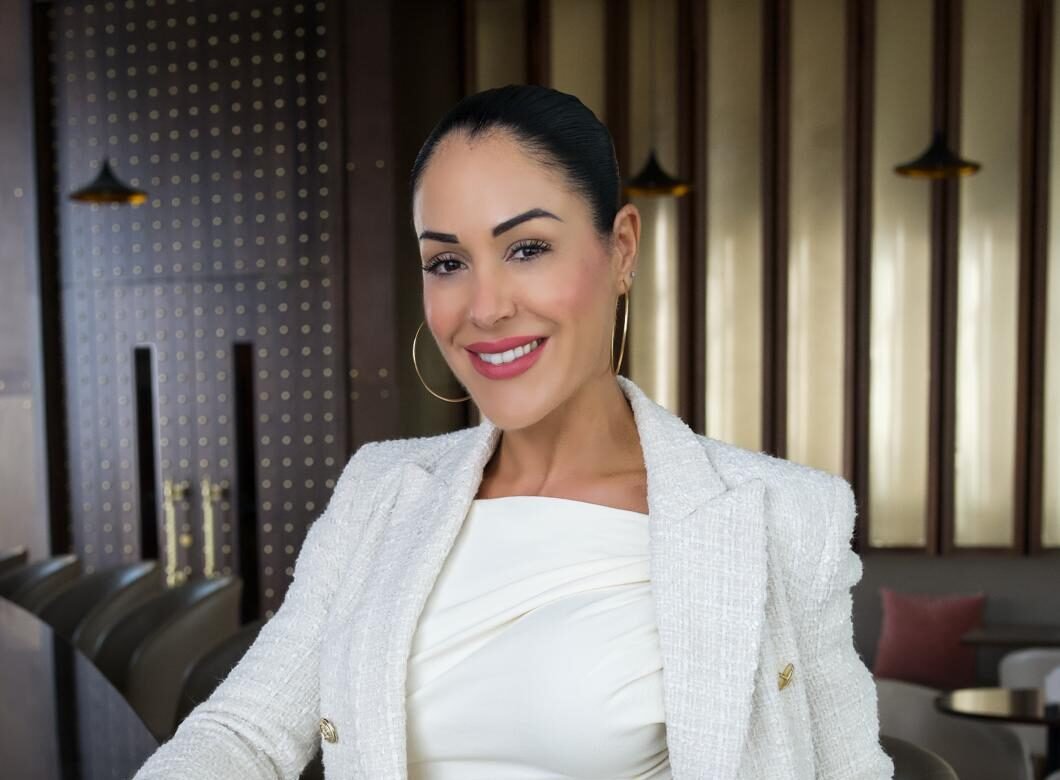Your relationship with yourself is the foundation for everything you experience in your
phenomenal life.
The way you see yourself, the mental image you create of yourself and speak to yourself
directly influences your confidence, motivation, behavior, and even your relationships with
others.
Yet, for many people, this inner dialogue is filled with criticism, self-doubt, and limiting
beliefs.
Changing the way you perceive and speak to yourself is one of the most powerful
transformations you can make. It’s not about arrogance or delusion—it’s about
compassion, honesty, and growth.

This article explores how self-perception and self-talk matter, how they develop, how they
can hold you back, and most importantly, how you can reshape them to live a more
empowered and authentic life.
UNDERSTANDING SELF-TALK
The most defining definition of Self-talk is your internal dialogue—the words and tone you
use when talking to yourself. It includes conscious thoughts (“I’m doing well today”) and
subconscious scripts (“I’m not good enough”) that have been built over time.
Below I have itemised the various types of Self-Talk
• Positive Self-Talk: Encouraging, optimistic, and supportive.
• Negative Self-Talk: Critical, discouraging, and often rooted in fear or past
experiences.
• Neutral Self-Talk: Observational and factual without emotional weight.
Most people fall into negative self-talk patterns without realizing it, which over time erodes
self-esteem and personal agency.
THE POWER OF SELF-PERCEPTION
This element of behaviour clearly refers to the way you view your identity, abilities, and
worth. It shapes your beliefs about what you are capable of, how you fit into the world, and
what you believe you deserve. This internal view becomes the lens through which you
interpret your experiences.
The way you see yourself often becomes a self-fulfilling prophecy. SHOULD you see
yourself as unworthy or incapable, you’re less likely to pursue opportunities or persevere
through challenges. In contrast, when you believe you’re resilient and worthy, you’re more
likely to take healthy risks and grow.
“Whether you think you can or think you can’t, you’re right.” – Henry Ford
WHERE SELF-PERCEPTION AND SELF-TALK COME FROM
Research has shown that many beliefs about the self are formed in childhood. Messages
from parents, teachers, or peers—whether positive or negative—become internalized.
• “You’re so smart” → Belief in one’s intelligence.
• “You’re always so lazy” → Internalized as a fixed trait, not a behavior.
Societal and Cultural Influences like media, cultural norms, and societal standards
(especially regarding beauty, success, and gender roles) often distort how people perceive
themselves.
Personal Experiences and Failures repeated can skew self-perception negatively,
especially if not balanced with reflection, learning, and self-compassion.
THE CONSEQUENCES OF NEGATIVE INNER NARRATIVES
Certainly creates an enviroment of low Self-Esteem with constant self-criticism will
eventually chip away at self-worth. People with low self-esteem may avoid challenges,
settle for less, or sabotage success.
Without a doubt, negative self-talk narratives creates anxiety and depression and is often
linked to mental health issues. Thoughts like “I’m a failure” or “Nothing will ever change”
can deepen feelings of hopelessness.
The inevitable result is Self-Sabotage and that is should you ever believe you’re not good
enough, you may unconsciously act in ways that prevent your own success—
procrastinating, withdrawing, or not speaking up.
With self-sabotage, you creating Strained Relationships when you don’t appreciate
yourself, it’s di icult to maintain healthy boundaries or accept love from others. You may
also project insecurities onto relationships.
LEARNING TO SEE YOURSELF DIFFERENTLY
The first step to healing is increased Self-Awareness so be mindful that you can’t change
what you’re not aware of. Begin noticing how you think about yourself, especially in
challenging or emotional moments.
• Do you call yourself names when you make a mistake?
• Do you minimize your achievements?
• Do you assume others think poorly of you?
• Do you criticise your body
• Do you hate what happened to you?
Keep a journal or log to track patterns in your thoughts.
Identify beliefs that hold you back and question them:
• “I’m not good at public speaking” → Who told you that? Can you improve with
practice?
• “I always mess things up” → Is that always true? Can you think of a time you
succeeded?
• The physical & emotional abuse that I su ered I deserve
Use evidence-based thinking. Replace absolutes like “always” and “never” with realistic
assessments.
Learning to stop defining yourself by your past or your mistakes. Instead, see yourself as a
work in progress.
• Instead of: “I’m bad with money.”
• Try: “I’m learning to manage my finances better.”
Your identity is not fixed. It evolves based on the story you choose to tell about yourself.
TRANSFORMING YOUR SELF-TALK
Healing requires softer tones when speaking to you like: Would you speak to a best friend
the way you speak to yourself? If not, rewrite your self-talk as if you’re advising someone
you love.
• Instead of: “I’m such an idiot.”
• Say: “That was a mistake, everyone makes them. I can fix it.”
Learning A irmations are powerful when they feel authentic and are repeated consistently.
Focus on a irmations that align with your values and goals.
• “I am healing every single minute of every hour of every single day.”
• “I am capable of overcoming challenges.”
• “I deserve love and respect.”
Say them aloud daily or write them in a journal.
Replacing Criticism with Curiosity and compliments instead of judging yourself, ask:
• What can I learn from this?
• What triggered this reaction?
• What support do I need?
This mindset fosters growth rather than shame.
TOOLS AND STRATEGIES FOR REPROGRAMMING SELF-PERCEPTION
Learning to journalise your experiences at life, your hurt, your pain will certainly change the
negative narratives in the subconscious.
Write about how you see yourself and what you wish to change:
• What do I believe about myself that may not be true?
• What would my life look like if I fully believed in myself?
• What compliments have I struggled to accept?
You are better than your best opinion of you.

















